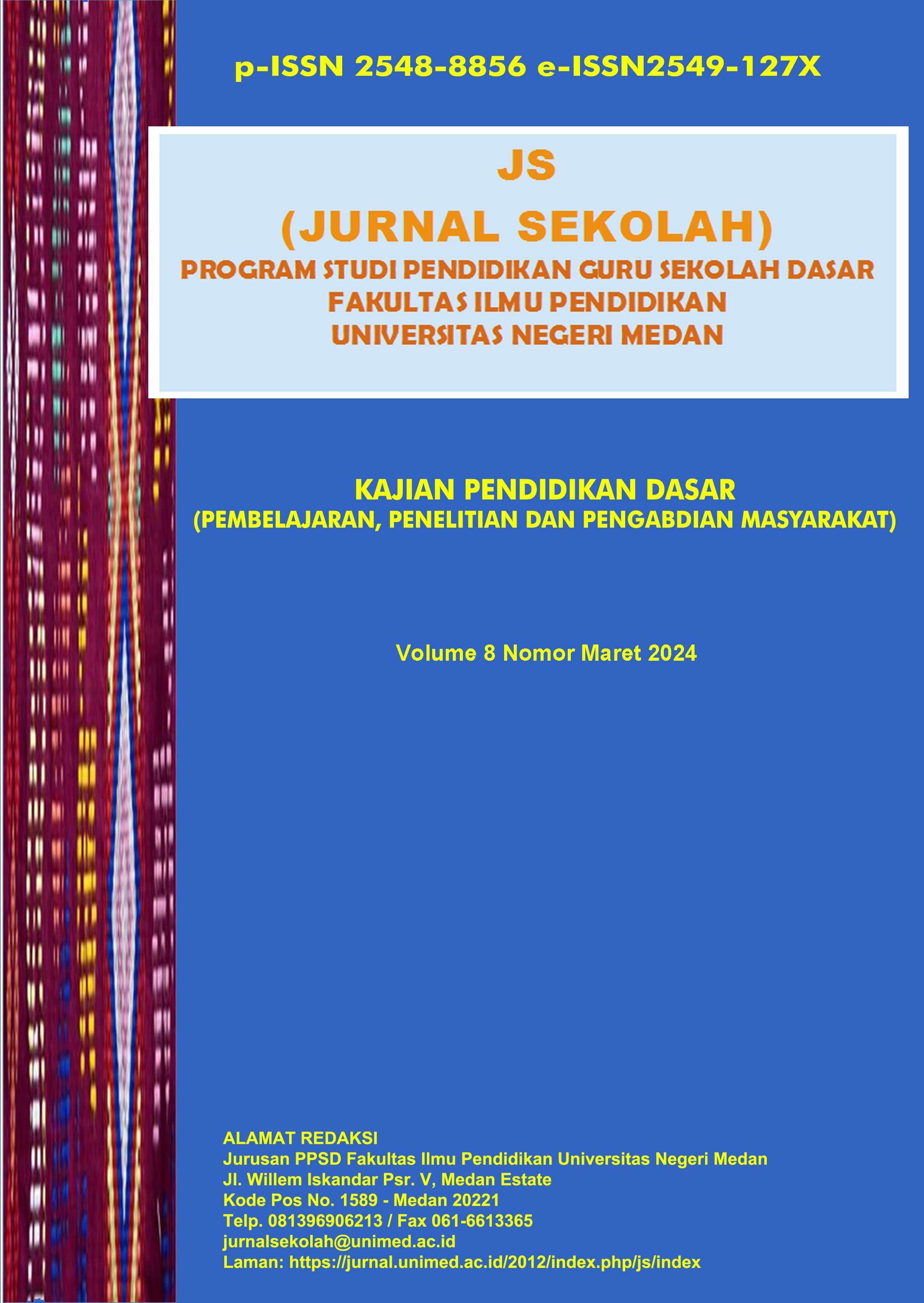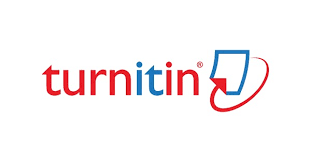PENGARUH MODEL SCRAMBLE BERBANTUAN MEDIA KOTAK KARTU MISTERI (KOKAMI) TERHADAP KEMAMPUAN BERPIKIR KRITIS SISWA PADA PEMBELAJARAN PENDIDIKAN PANCASILA KELAS V
DOI:
https://doi.org/10.24114/js.v8i2.56879Abstract
Abstract: Learning models that are less varied in Pancasila education with norm material cause students' low skills in critical thinking. Based on the problems above, the implementation of this research is aimed at improving critical thinking skills through the application of the scramble method assisted by kokami media for Class V SDN 2 Tahunan Jepara. This research is quantitative with a One-Group Pretest-Posttest model. Population and sample in class V (25 students). The research results show that there is an increase in critical thinking skills. Students obtained an average pretest score of 51.68 and a posttest score of 86.72. Hypothesis testing in the form of t-test and simple regression also shows a significant influence on critical thinking skills. Keyword: Scramble, Critical Thinking, Pancasila Education Abstrak: Model pembelajaran yang kurang variatif pada pendidikan pancasila materi norma menyebabkan rendahnya keterampilan peserta didik dalam berpikir kritis. Berlandaskan masalah di atas, pelaksanaan riset ini ditujukan untuk meningkatkan keterampilan berpikir kritis melalui penerapan metode scramble berbantuan media kokami (kotak kartu misteri) Kelas V SDN 2 Tahunan Jepara. Penelitian ini berjenis kuantitatif dengan model One-Group Pretest-Posttest. Populasi dan sampel pada kelas V (25 siswa). Hasil penelitian menunjukan bahwa terdapat peningkatan keterampilan berpikir kritis. Peseta didik memperoleh nilai rata-rata pretest 51.68 dan nilai posttest 86.72. Uji hipotesis beupa uji-t dan regresi sederhana juga menunjukkan adanya pengaruh signifikan kemampuan berpikir kritisKata Kunci: Scramble, Berpikir Kritis, Pendidikan PancasilaDownloads
Published
2024-04-05
Issue
Section
Articles
License
Copyright (c) 2024 Bela Ariani, Syailin Nichla Choirin Attalina

This work is licensed under a Creative Commons Attribution-ShareAlike 4.0 International License.

Jurnal Sekolah is licensed under a Creative Commons Attribution-ShareAlike 4.0 International License.


1.png)




.png)


.png)

.png)
